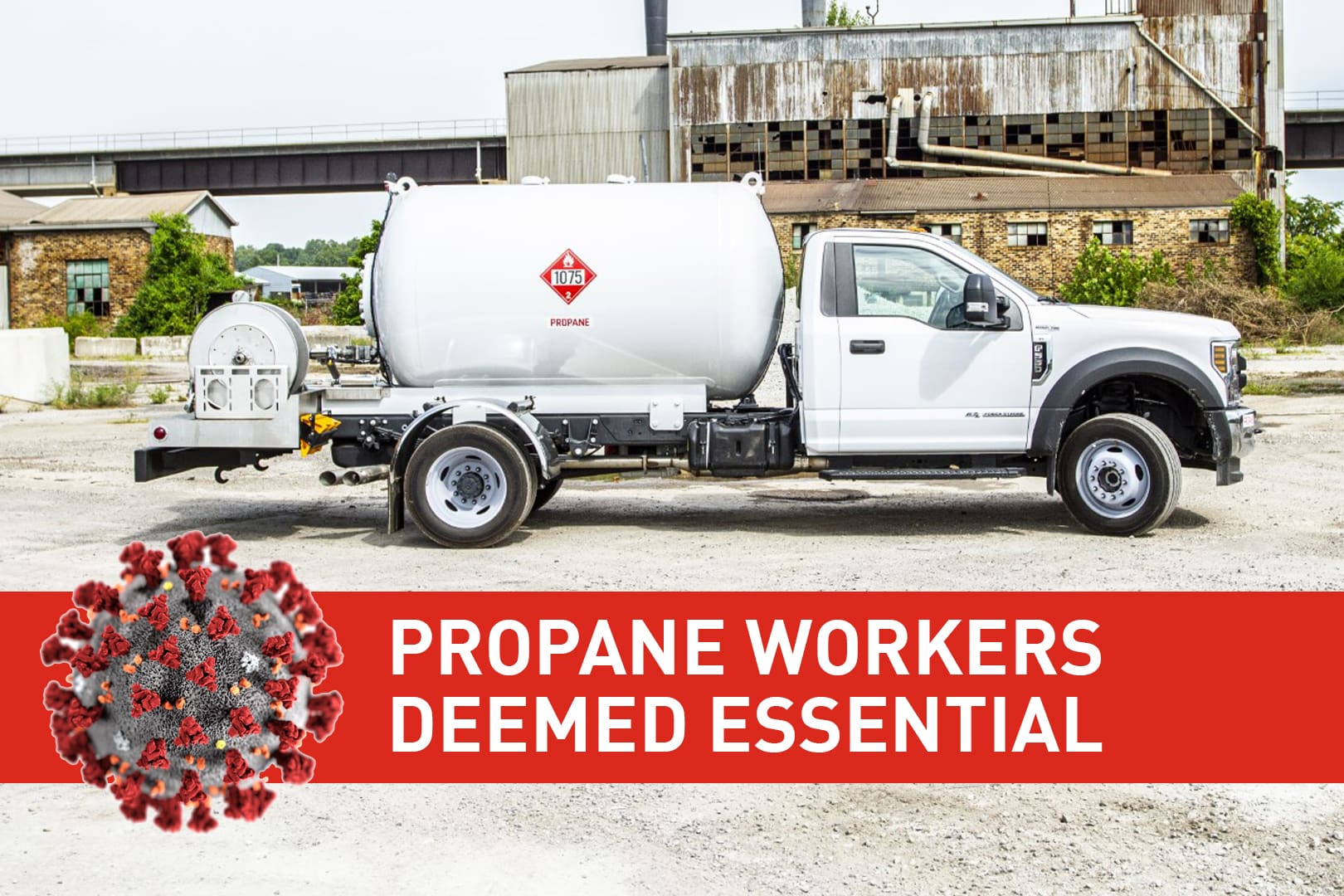
Earlier this month, the United States joined the rest of the world in fighting the coronavirus (COVID-19) pandemic. President Trump also updated the Coronavirus Guidance for America. It states: “If you work in a critical infrastructure industry, as defined by the Department of Homeland Security [DHS]… you have a special responsibility to maintain your normal work schedule.”
Americans are currently encouraged to maintain social distance and stay at home. This makes it imperative to delineate between essential and non-essential workers. It will help companies focus on enhancing safety conditions for those working on the ground, supplying critical services to their communities and the country at large.
The industries highlighted on the list include healthcare, of course, as well as telecommunications, information technology systems, defense, food and agriculture, transportation and logistics, energy, water and wastewater, law enforcement, and public works. And, at the behest of the National Propane Gas Association (NPGA), the DHS also classified propane gas employees as “essential critical infrastructure workers” in these uncertain times.
History of Essential Propane Industry Workers
The propane industry workforce has already proven its importance when facing national challenges in the past. They came to the rescue of stranded families and communities when alternative energy sources were not in supply. During Hurricane Sandy of 2012, for example, propane companies were vital. They helped mitigate the devastation and educate consumers about propane safety before further damage could be accidentally caused. They pooled resources and worked in the front lines, installing propane-powered generators while visiting households to inspect and replace damaged equipment. Propane workers managed to do all of this during extreme weather conditions.
Propane companies have reliably been prepared for any unexpected events, and the current coronavirus pandemic is no different. Without knowing how much further the disease will spread, and how long it will last, they are staying vigilant and continuing services to provide fuel, avoid propane-related accidents, and keep quarantined citizens calm and secure in the confines of their homes.
DHS Guidance for Essential Propane Activities
The DHS guidance made a detailed list of propane-related activities now considered essential:
- Natural gas transmission and distribution pipelines, including compressor stations
- Underground storage of natural gas
- Natural gas processing plants, and those that deal with natural gas liquids
- Liquefied Natural Gas (LNG) facilities
- Natural gas security operations centers, natural gas operations dispatch and control centers, natural gas emergency response, and customer emergencies, including natural gas leak calls
- Drilling, production, processing, refining, and transporting natural gas for use as end-use fuels, feed-stocks for chemical manufacturing, or use in electricity generation
- Propane gas dispatches and control rooms and emergency response and customer emergencies, including propane leak calls
- Propane gas service maintenance and restoration, including call centers
It is also suggested that propane workers keep a copy of the guidance when entering areas under restrictions.
At Custom Truck One Source, we care about the well-being of our propane partners. We are grateful to those who are on the front lines once again, doing what they can to help the country fight the coronavirus.
We thank you!

